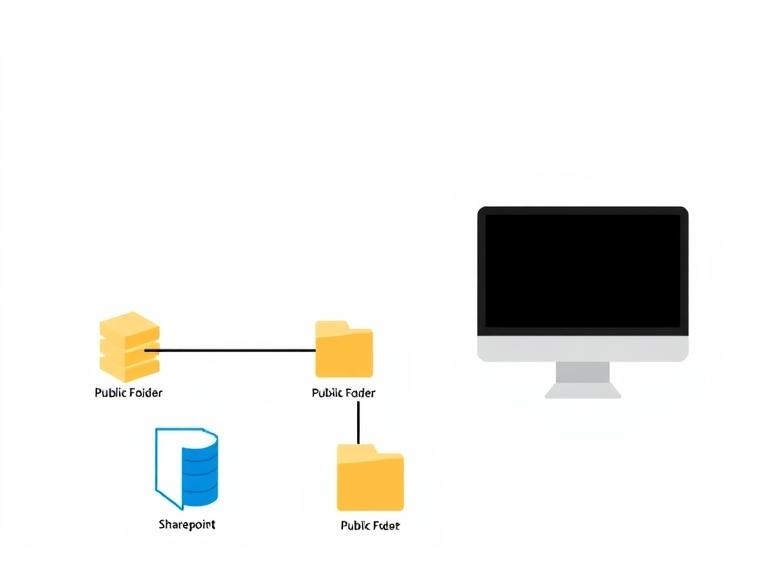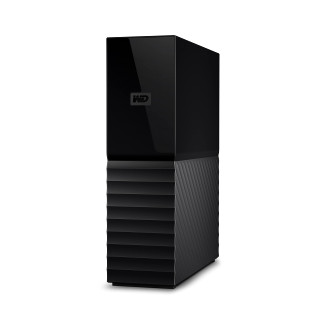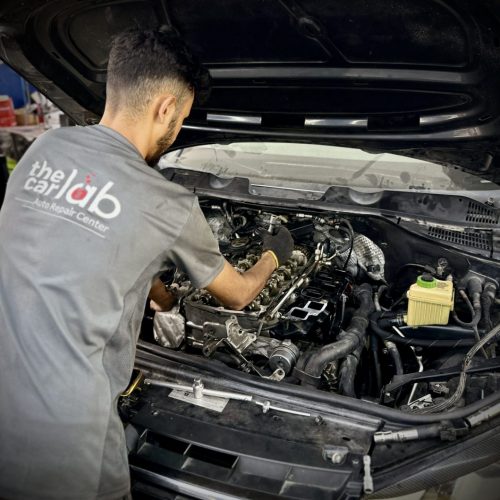The convergence of Artificial Intelligence (AI) and Blockchain is creating a revolutionary shift in how systems are designed and managed. These two technologies, when combined, offer unparalleled capabilities for building smarter, more secure, and decentralized systems. Whether in finance, healthcare, or supply chain management, organizations are increasingly turning to AI software development companies and blockchain software development companies to harness the full potential of this powerful duo. In this post, we’ll explore how decentralized intelligence can transform industries by creating systems that are not only more intelligent but also safer and more transparent.
Understanding Decentralized Intelligence
In a decentralized system, control is distributed across multiple nodes, rather than being centralized in a single authority or server. Blockchain, with its immutable and transparent ledger, is the perfect enabler for such decentralized systems. AI, on the other hand, brings intelligent decision-making to the table, enabling systems to learn, adapt, and predict with incredible precision.
When combined, AI and blockchain can enhance each other’s strengths. Blockchain provides a trust layer, ensuring that AI models and decisions are auditable, transparent, and free from tampering. Meanwhile, AI can make smart contracts and decentralized applications (dApps) more adaptive and context-aware, making them smarter than ever before.
Smarter Systems with AI and Blockchain
The ability to make systems smarter goes beyond just automating tasks. AI empowers blockchain-based systems to analyze vast amounts of data in real-time, make decisions, and predict outcomes without human intervention. These systems can be deployed in various sectors:
- Healthcare: AI algorithms can predict patient outcomes and personalize treatment plans, while blockchain ensures that patient records are secure, immutable, and accessible only to authorized users.
- Finance: Blockchain’s transparency and AI’s data analysis capabilities can create more efficient financial systems, from fraud detection to algorithmic trading and risk assessment.
- Supply Chain: AI can optimize inventory management, logistics, and forecasting, while blockchain tracks every transaction along the supply chain, ensuring full transparency and authenticity.
These smarter systems are not only faster but also more resilient, as they reduce the risks of central points of failure or data tampering. By partnering with an AI software development company or blockchain software development company, businesses can unlock new possibilities in how they operate and serve their customers.
Safer Systems: The Role of Blockchain in Security
Blockchain’s key feature of decentralization provides an extra layer of security that is vital in today’s increasingly interconnected digital world. Every transaction or piece of data stored on a blockchain is time-stamped and cryptographically secure, making it nearly impossible to alter or forge data once it has been entered.
This is where AI becomes crucial. Traditional AI systems are often vulnerable to attacks or biases due to centralized data repositories. With blockchain’s transparent and decentralized nature, AI can be made more secure and accountable. Blockchain ensures that the data fed into AI models is not tampered with, reducing the risk of biased or manipulated outcomes.
For instance, in financial applications, where the risks of fraud and data manipulation are high, AI-driven fraud detection can be combined with blockchain’s transparency to build a system where every transaction is traceable and auditable, minimizing fraud risks.
The Power of Trust in AI-Blockchain Systems
A major challenge with AI is the “black box” nature of many algorithms. It’s often difficult to understand how AI systems make decisions, especially in complex systems such as deep learning. This lack of transparency has raised ethical concerns, particularly in industries like healthcare, where decisions can have life-altering consequences.
Blockchain, however, offers a solution. By recording every step in the decision-making process, blockchain provides a transparent and immutable audit trail. This ensures that decisions made by AI systems can be tracked, verified, and scrutinized, fostering trust and accountability.
For example, when AI is used in a blockchain-powered voting system, blockchain ensures that the votes are secure and immutable, while AI can provide real-time insights into voter behavior or potential anomalies. The result is a decentralized, trustworthy, and intelligent voting system.
Real-World Applications of Decentralized Intelligence
- Supply Chain Transparency: Blockchain’s decentralized ledger allows real-time tracking of products, while AI can analyze trends, predict disruptions, and optimize routes for delivery. This results in more efficient and transparent supply chains.
- Healthcare Data Management: By using blockchain to securely store patient records and AI to predict patient conditions, healthcare systems can offer personalized care while maintaining the highest levels of privacy and data integrity.
- Financial Markets: In cryptocurrency markets, AI-powered trading bots can make smarter investment decisions, while blockchain ensures transparency and security in every transaction, reducing market manipulation and fraud.
Conclusion
The synergy between AI and blockchain is creating the foundation for a new era of intelligent, secure, and decentralized systems. Whether you’re looking to build a decentralized application or improve your existing system, partnering with an experienced AI software development company or blockchain software development company can provide the expertise needed to navigate the complexities of these technologies. Together, they enable businesses to build smarter, safer, and more efficient systems that not only drive innovation but also foster trust and transparency.













